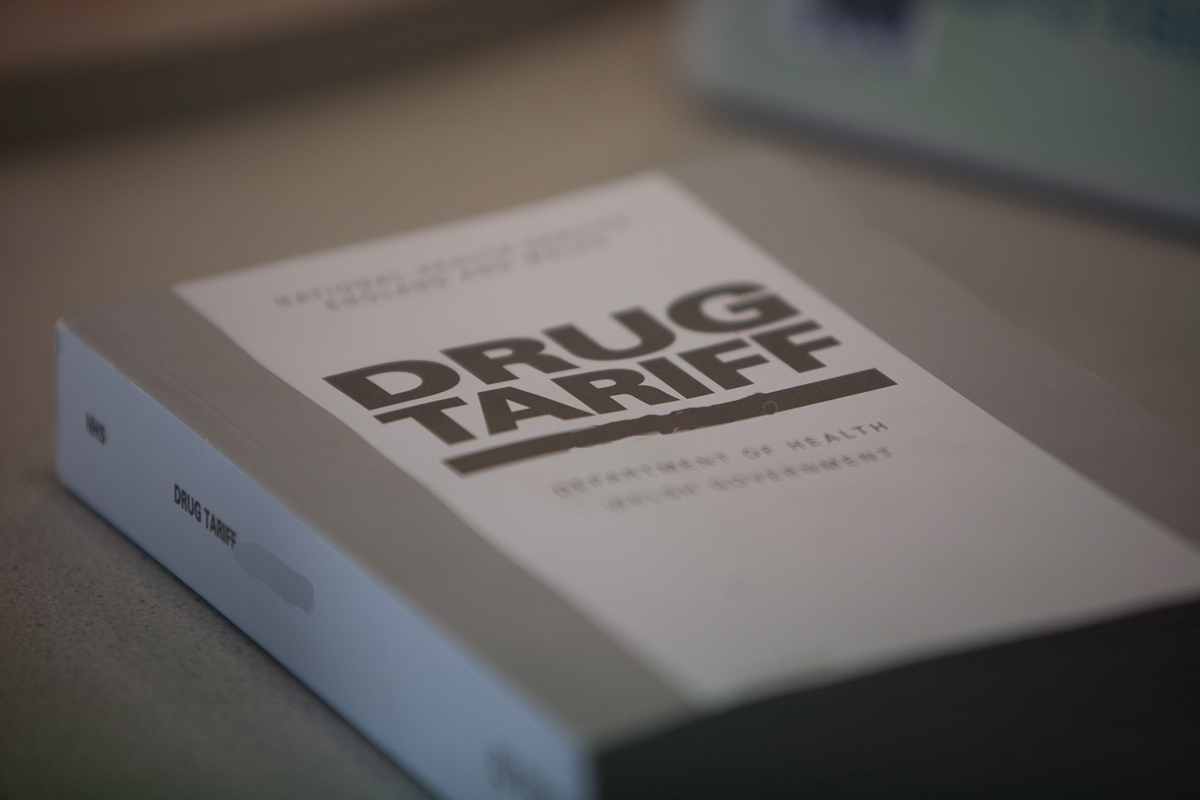Community Pharmacy England calls for financial support following increase in the National Living Wage
Community Pharmacy England has today written to the Chancellor to express deep concern about the financial impact of the increase in the National Living Wage (NLW) for 2024.
In last week’s Autumn Statement, the Chancellor announced that the NLW is set to increase from £10.42 to £11.44. We estimate that the additional cost to the community pharmacy sector of implementing this uplift is between £150m – £195m.
In her letter, our CEO Janet Morrison made clear our position that it is not sustainable to expect pharmacies to absorb these additional costs whilst underlying core funding remains at critically low levels.
As a sector, our core funding has been cut by 30% in real terms during the period of the five-year Community Pharmacy Contractual Framework (CPCF). This has undoubtedly led to the increasing numbers of permanent and temporary closures which has caused stress and concern for the 24 million patients and their carers who rely upon us for repeat prescriptions, and the many other people who rely upon our health advice and services.
The letter also made clear to the Chancellor that, whilst as employers, we would always wish to ensure that employees have a fair wage, unlike other businesses pharmacies cannot pass cost increases onto their customers, since 90 percent of our income is derived from NHS funding. Community pharmacy needs a targeted funding uplift to the core contract to keep us afloat, and our doors open to ensure our new services have a real impact for patients and their communities.
Read our Letter to the Chancellor Jeremy Hunt
Janet Morrison OBE, CEO of Community Pharmacy England, said:
“The Autumn Statement overlooks the knock-on effects these measures will have on small businesses like community pharmacies. The majority of pharmacies employ staff on or around the NLW, which has increased nearly 40% since the start of the current contractual framework. This is at a time when pharmacies have had a 30% real terms reduction in funding since 2015. No viable business can absorb these cost increases without significant support. This is just another cost pressure that pharmacies cannot control and it must be addressed through a sustainable, long-term funding arrangement.”








